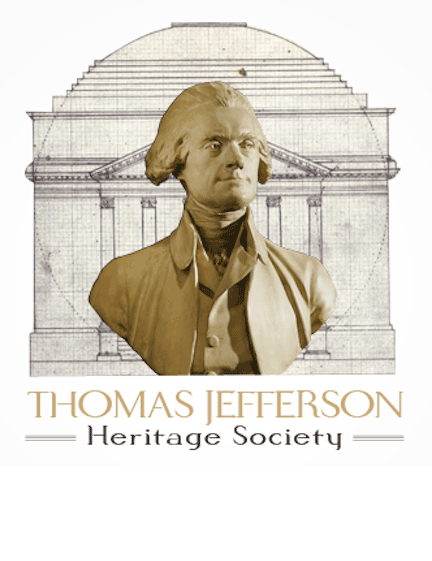Thomas Jefferson
By R. B. Bernstein
Reviewed by Richard E. Dixon
Thomas Jefferson's long and accomplished life resists compression into a one volume treatment. Professor R. B Bernstein almost meets the challenge but not without some lapses. He misses the importance of Jefferson's design of the Virginia State Capitol as the introduction of classical architecture to public buildings. It was not Jefferson's influence that brought James Madison to accept the need for a bill of rights, but the opposition of Virginia and other states to the adoption of a Constitution that lacked such amendments. It was the loss of Saint-Domingue (Haiti) that caused Napoleon to give up his dream of a western empire, not the costs of maintaining the Louisiana Territory.
Bernstein succumbs to the revisionist effort to create a persona for Sally Hemings in asserting she was given "extensive authority over running" Monticello. It is disappointing to read the "proof" Bernstein, a law professor, accepts in the last chapter when he discusses whether Thomas Jefferson fathered children by Sally Hemings. Bernstein is one of the "believers" scattered throughout academia who have followed a pattern of making the test for paternity "could he have" rather than "did he." In Jefferson’s first term as president, the Federalist press accused him of fathering a son Tom with Hemings. A Woodson family had long claimed they are the descendants of this Tom. Although DNA tests destroyed this myth, Bernstein calls the family stories of other descendants of Sally Hemings "oral history" and insists they are "proof" of paternity
